I don’t see films through a gender-biased lens: Shankha Dasgupta

On December 20, "Priyo Maloti" graced 20 cinema halls nationwide. Featuring Mehazabien Chowdhury in the titular role of Maloti Rani Das, the film marks a significant milestone for both the actress and its director, Shankha Dasgupta, as their silver screen debut.
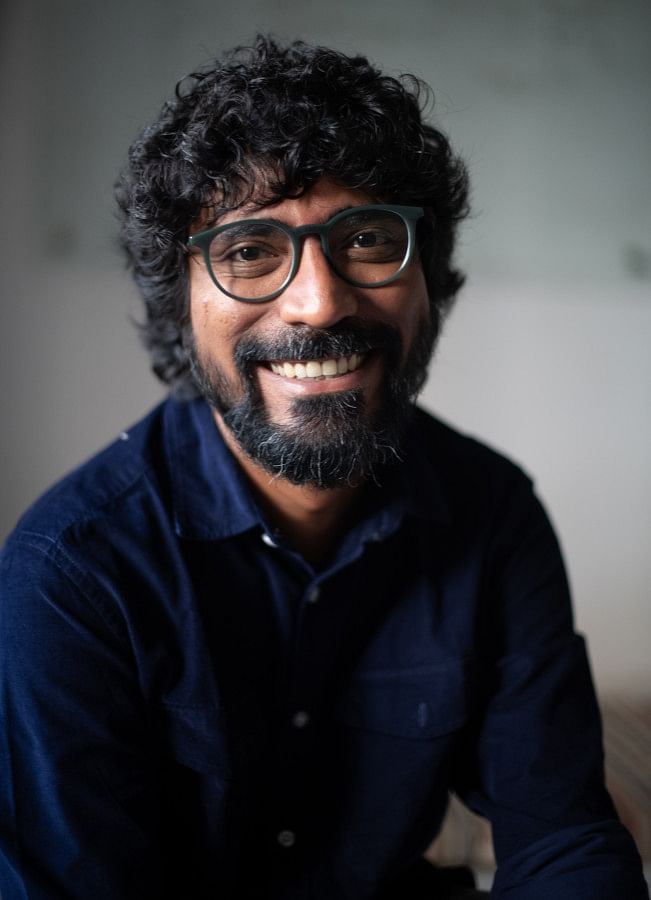
Shankha, who began his career as a journalist, transitioned into the entertainment industry and eventually established himself as prominent director of television commercials (TVCs), and later OTT platforms. Reflecting on this journey, Shankha shares, "The best feeling a director can have is when the audience experiences your story on the big screen. Witnessing my project screened at an international festival-- where the language and context were foreign to the audience, yet being applauded for its visual storytelling-- was surreal. It reinforced my confidence for presenting the film to our local audience."
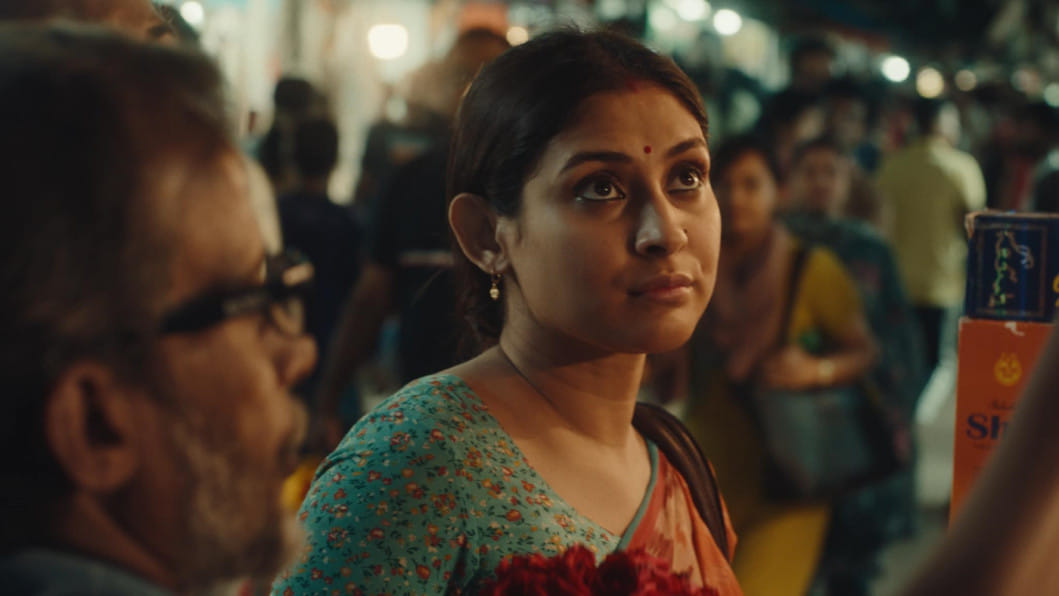
Shankha describes his career as a steady evolution. "In my early days on television, I often felt like I underperformed, believing I wasn't producing work matching the calibre of my contemporaries due to various limitations. Transitioning to TVCs changed my perspective. It demanded a process-oriented approach, allowing me to work with some of the best resources in the industry. Between 2013 and 2018, I honed my skills as a TVC director, which was a pivotal phase in my growth."
Determined to delve into long-form narratives, Shankha ventured into OTT projects like "Boli". While visually striking, the project faced criticism for its screenplay and storytelling. "The mixed reception taught me invaluable lessons, which I applied to my next project, 'Guti'. I implemented everything I'd learned in my career, and that success inspired me to take the next big step, thus making a feature film," reflects Shankha.

The journey to create "Priyo Maloti" began with a clear vision. "I was certain that this story deserved the silver screen. When I proposed the idea to stakeholders, including Frame Per Second, Chorki, and Mehazabien, everyone believed in its potential," says the director.
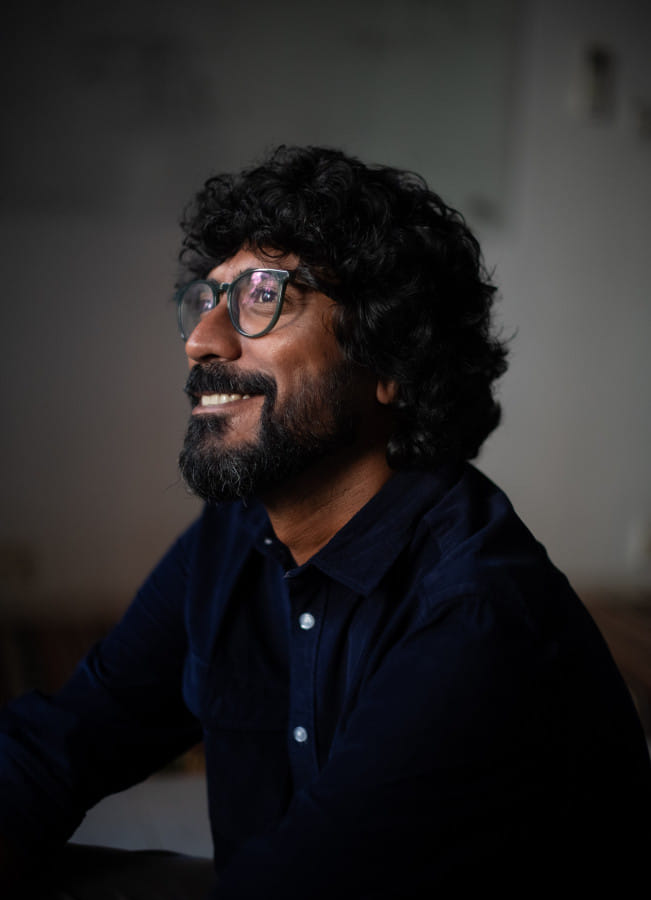
The film serves as a philosophical reflection of Shankha's own societal and political views. It addresses pressing issues and flaws within society, layered with a deeply personal and universally echoing narrative. Despite initial concerns about censorship, the film received uncut clearance.
Shankha notes, "Members of the censor board personally called to congratulate me, acknowledging the importance of the issues addressed. Such support might not have been possible during the previous regime."
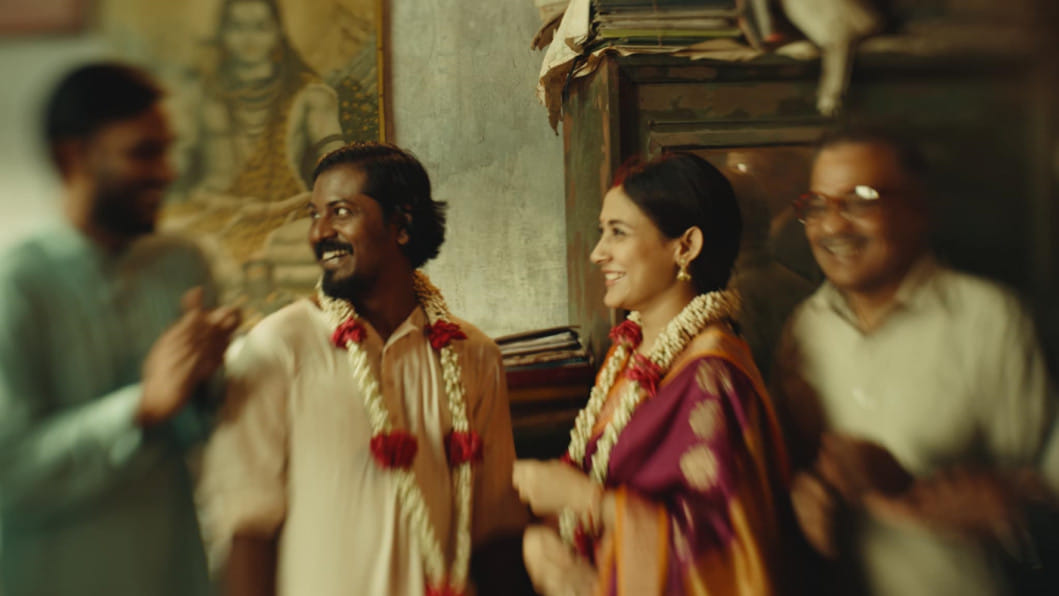
"Priyo Maloti" has already earned acclaim on the international festival circuit. While 'festival films' often struggle to attract local audiences, Shankha is confident this project will resonate widely. "We've crafted a simple yet powerful story that connects with ordinary people. It's not about traditional entertainment or item songs; it's a story about life—a tale that educated and progressive audiences will appreciate. I believe that word of mouth will work in our favour," he adds.
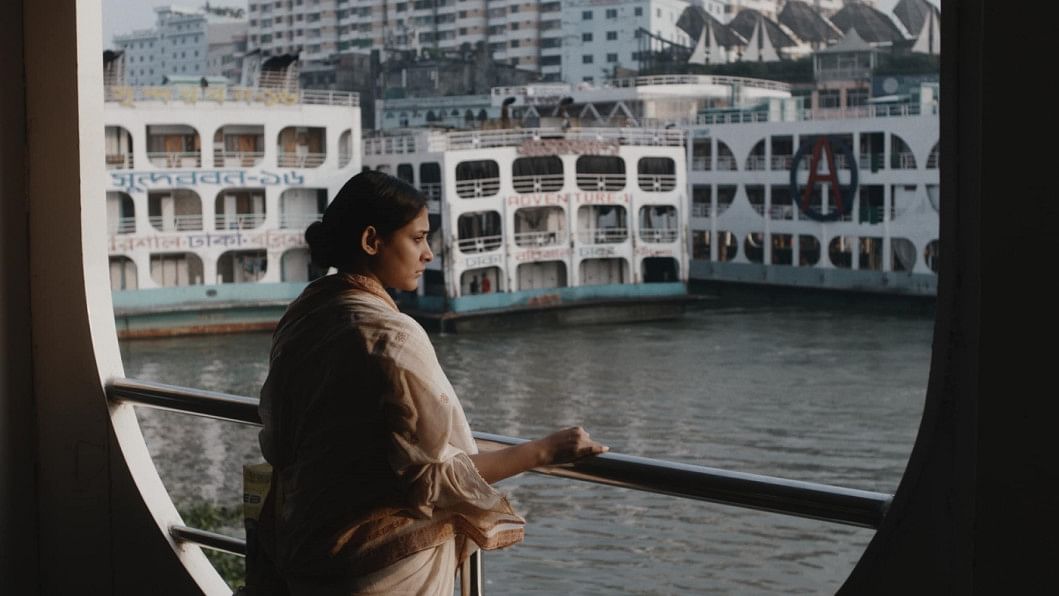
Shankha acknowledges the challenges of drawing audiences to cinemas, particularly with the limited number of halls and the logistical hurdles audiences face. "Planning a cinema outing can feel like an all-day affair. Moreover, attention spans have shortened, but I'm hopeful that viewers will find the experience rewarding. They won't leave disappointed; the film will leave them with something to reflect upon."
Breaking stereotypes, Shankha's debut centres on a female protagonist, risky in a film industry where male-centric narratives dominate. However, the director dismisses the notion of risk. "I've never viewed stories through a gender-biased lens. This could have been about a male character or a transgender individual—what mattered was the story itself. When envisioning Maloti, I immediately thought of Mehazabien. Her passion, talent, discipline, and dedication made her the perfect fit."
Shankha is effusive in his praise for his leading lady. "Mehazabien is an exceptional artiste. I'm incredibly fortunate to have her in my debut film and to witness her own silver screen debut through this project. From day one until now, her contribution has been tremendous. I have no regrets about casting her or preferring to produce a female-centric film for my debut."

 For all latest news, follow The Daily Star's Google News channel.
For all latest news, follow The Daily Star's Google News channel. 
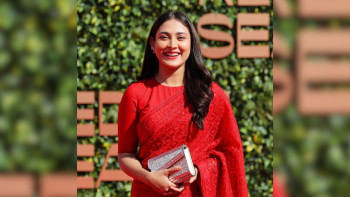









Comments